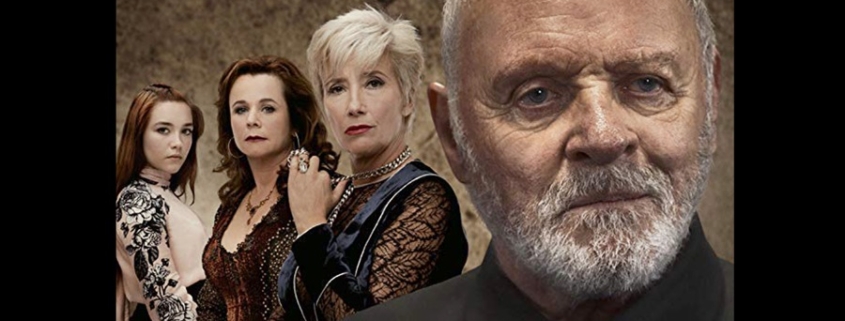Trust and Your Adult Children
The most challenging question in estate planning is, “Whom do you trust?” The estate planning process includes the execution of several documents, wills, powers of attorney, and sometimes trusts. Each requires naming a “fiduciary.” A fiduciary is someone you trust to handle your affairs when you are ill or after death. Who you choose to be the fiduciary is the critical question. And selecting an agent under a power of attorney may hurt you while alive. So do you trust your adult children?
Recently I have assisted two clients of advanced age with similar problems. Complicated family relationships have caused arguments among adult children. Each of these clients had selected one child to serve as the agent. Under a financial power of attorney, the agent can control assets, including brokerage accounts, bank accounts, real estate, and business interests. A nonagenarian might not have the mobility or mental acuity to conduct banking, monitor investments and pay bills. That is when the agent under the financial power of attorney steps in.
If you have only one child, and you trust that child, and that child can serve, then your selection is obvious. However, if you have more than one adult child and wish to select one as an agent under your power of attorney, the child who was not selected might be upset.
If you recall Shakespeare’s King Lear, the aging king could not rely on any of his three daughters successfully. His attempts to select a fiduciary went awry, thus setting the stage for one of Shakespeare’s greatest tragedies!
As the attorney, I ask the client to consider if a single agent should serve. The client can name a backup choice. The document can designate an alternate if the first person chosen cannot serve. If two or more serve as co-agents, we must consider how they will operate as a team. Are all decisions to be unanimous? If there are three or more, can they operate by the majority? If one is present and the other is unavailable during an emergency, can one act without the consent of the other? These questions and more make me wary of appointing co-agents. But clients often worry more about the impact of choosing just one child on the family relationships.
Here’s a Shakespearean tragedy of a family. One client relied heavily on her oldest child for guidance and assistance. But she did not like that oldest child’s spouse. The spouse could be overbearing and was known to make peculiar spending choices. Accordingly, the now 92-year-old client was increasingly unsure that her oldest should serve as the agent under her power of attorney. She decided to make a change.
Without fanfare, the client executed a new power of attorney switching the youngest child to serve as the agent. The problem was that the original copy of the first power of attorney was in the hands of the oldest. The oldest and his spouse had previously changed the woman’s bank account title and opened a safe deposit box in the oldest child’s name to secure the client’s jewelry! With the news of a new power of attorney, the oldest child became incensed, refusing to assist with the bank account or return the jewelry!
These are the kind of heart-breaking stories that fill the days of estate planning attorneys. Therefore, selecting an agent or agents for a power of attorney is a hazardous task. Clients should consider the family dynamics, the strength of the relationships, and the likelihood of conflict in response to an estate planning decision. The choice is rarely easy and often fraught with danger.
Evan J. Krame



